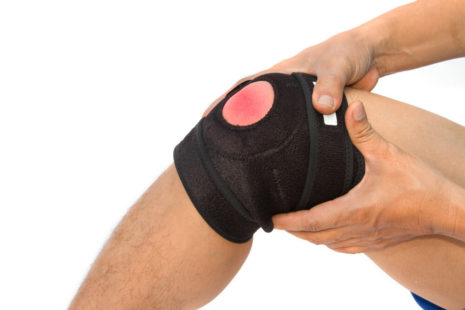The presence of “knots” or areas of tension in the neck is a common complaint for many people. These knots are often referred to as trigger points, and they are tight, hypersensitive spots within the muscles.
Several factors can contribute to the development of knots in the neck…
- Muscle Overuse – Repetitive or sustained activities that strain the neck muscles, such as long hours at a computer or poor posture, can lead to muscle fatigue and the formation of knots.
- Muscle Imbalances – Weakness or imbalances in the muscles of the neck and upper back can cause certain muscles to become overworked and more susceptible to developing knots.
- Stress and Tension – Emotional and mental stress can manifest physically in the form of increased muscle tension, particularly in the neck and shoulders.
- Lack of Movement – Prolonged periods of inactivity or a sedentary lifestyle can contribute to muscle stiffness and the formation of knots.
- Injury or Trauma – Previous injuries or trauma to the neck can result in scar tissue formation and muscle imbalances, leading to the development of knots.
- Sleeping Position – Sleeping in an uncomfortable position or using an improper pillow can strain the neck muscles and contribute to knot formation.
- Dehydration – Inadequate hydration can lead to muscle cramps and increased muscle tension.
- Poor Ergonomics – Incorrect workstation setup or improper use of handheld devices can strain the neck muscles and lead to knots.
- Nerve Irritation – Irritation of nerves that supply the neck muscles can lead to increased muscle tension and the formation of trigger points.
- Medical Conditions – Certain medical conditions, such as fibromyalgia, myofascial pain syndrome, and neck arthritis, may contribute to the development of knots in the neck.
To address and prevent knots in the neck, it’s crucial to adopt healthy habits and self-care practices, such as…
- Practicing good posture
- Taking regular breaks during prolonged periods of sitting or computer use
- Incorporating regular stretching and strengthening exercises for the neck and upper back
- Managing stress through relaxation techniques, exercise, or mindfulness practices
- Using proper ergonomic support in the workplace
- Staying hydrated and maintaining a balanced diet
If you experience persistent or severe neck pain or if the knots are causing significant discomfort or interfering with your daily activities, it’s advisable to seek the advice of a healthcare professional or a licensed massage therapist. They can provide a thorough evaluation, offer personalized recommendations, and provide appropriate treatments to address the knots and alleviate neck pain effectively.




